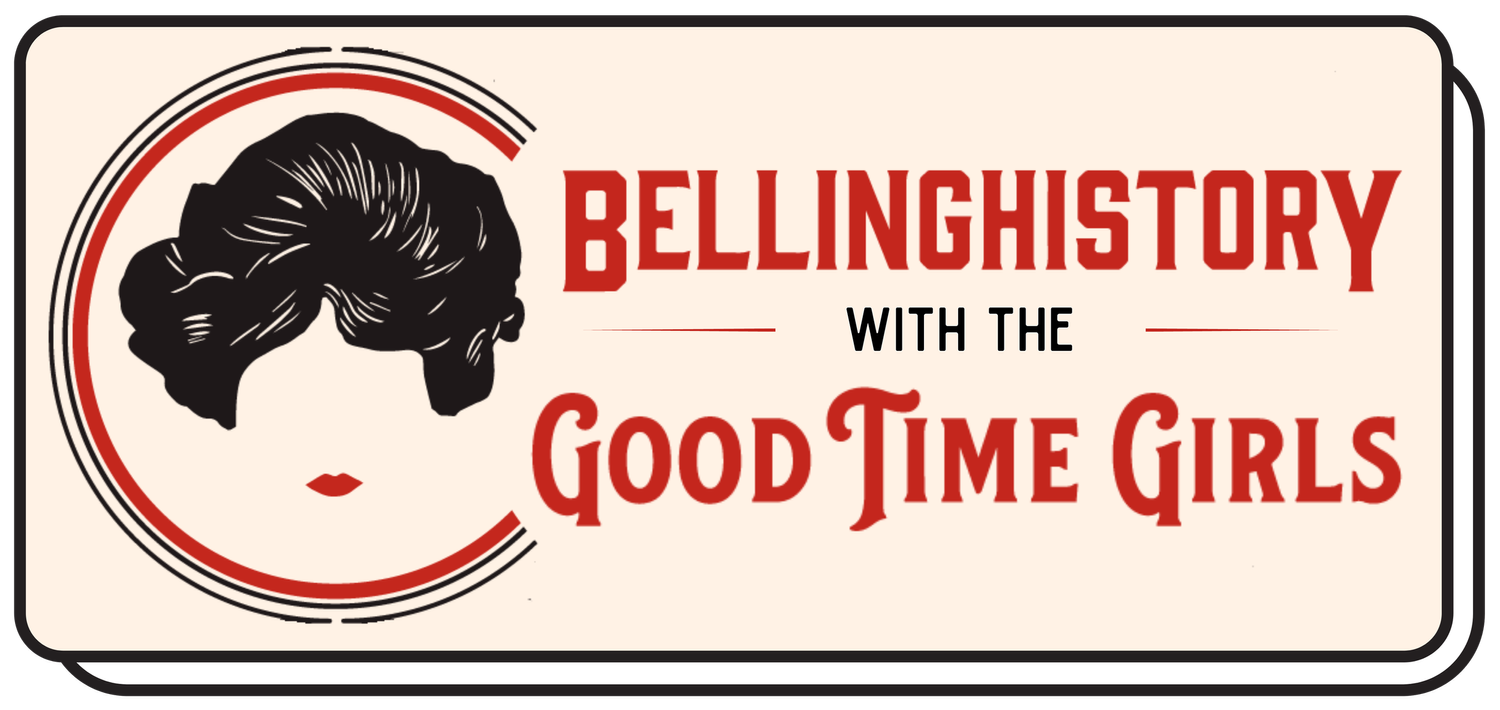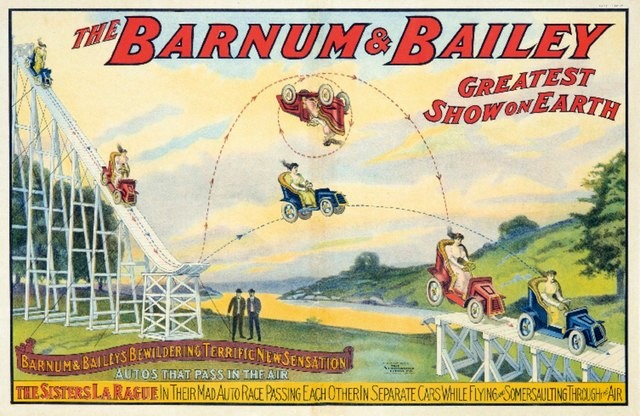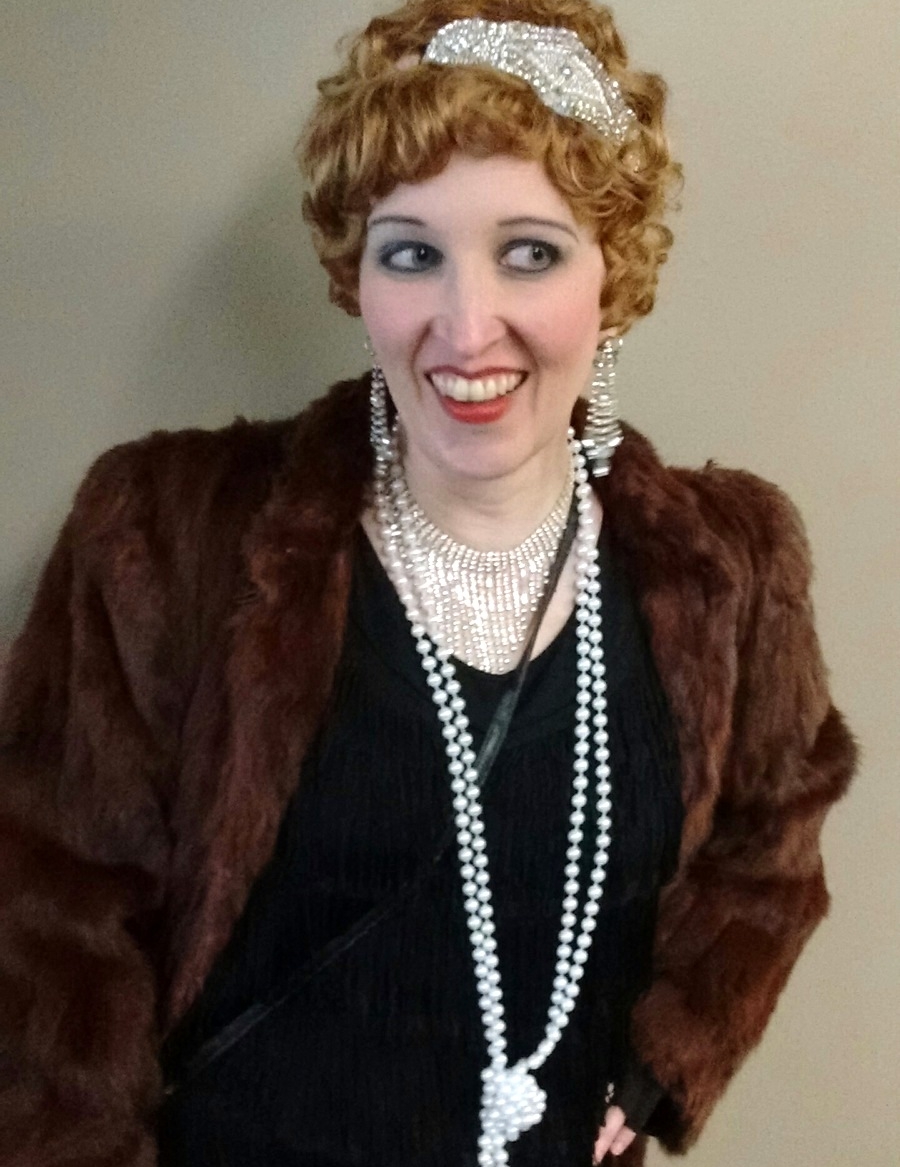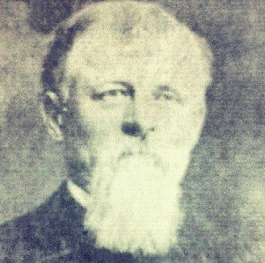Blog Posts and Podcast Notes
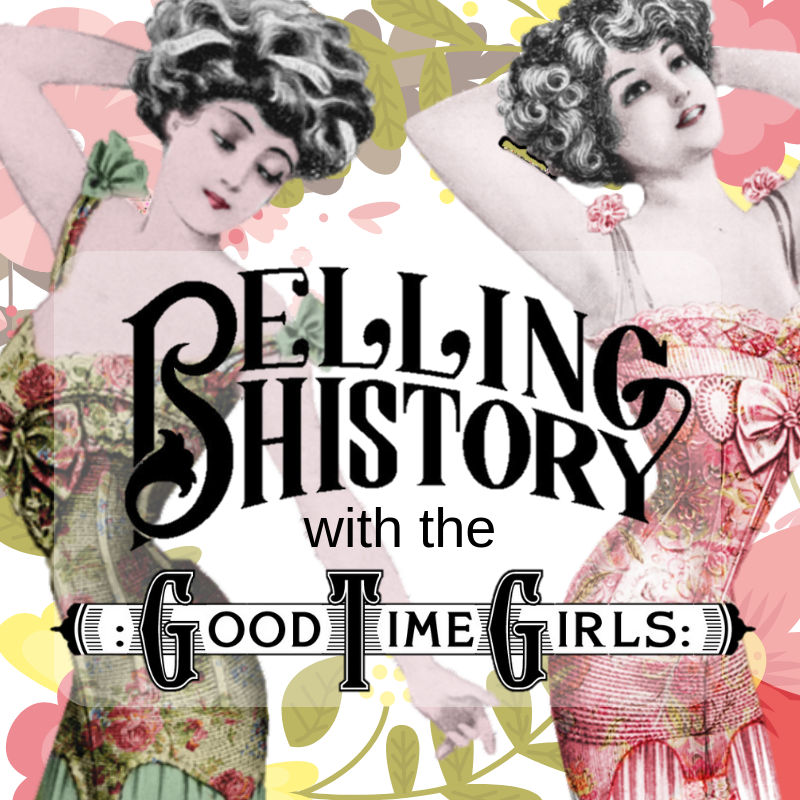
A place to call our own.
Our business anniversary is just around the corner. It's hard to believe that Marissa and I started this little operation this time nearly three years ago. We began with the idea that we'd share some stories about local history while dressed in costume. We worried that no one would show up, but we knew that at the very least we'd have fun.
Fast forward through three tour seasons, countless special events, and the filming of a documentary series, and you'll end up smack dab in the heart of downtown Bellingham, 217 West Holly Street: The new home for our business, The Bureau of Historical Investigation.
This is Frederick Dames.
I discovered Herr Dames by complete accident in April of 2011 while researching the microfilmed archives of the old Bellingham Herald. What had started out as a quest to develop a walking tour about the turn of the century red light district that had operated legally in my weird little northwest town, evolved into a general fascination with all minutiae of odd and obscure figures and facts about the place I had come to call home.
Message In A Bottle
A message in a bottle was found on a beach in B.C., originally dropped in the ocean by a guy named Earl Willard en route from “Frisco” to Bellingham in 1906. The find made news partly because it may be the oldest surviving message in a bottle to date. We also found it exciting that the message inside listed a visible Bellingham address!
Repost: Early Mugshots of Women in Vancouver, BC
After my standard explanation of GTG and a half second of fear that the archivist was going to be offended by the very nature of my research-- this is uber polite Canada afterall-- she suggested I take a look at a book called “The Rogues Gallery.”
Mary Pickford and the Changing Role of the Actress in America
Pickford's stage debut coincides with a cultural shift in post-Victorian America. The idea of female purity in the Victorian Era (1830s-1900s) was inextricably connected with domesticity and the home; women who lived a public or nomadic life were by their very nature suspect. But after Queen Victoria's death in 1901 a gradual relaxation of rules about where women should be seen and heard took place.
